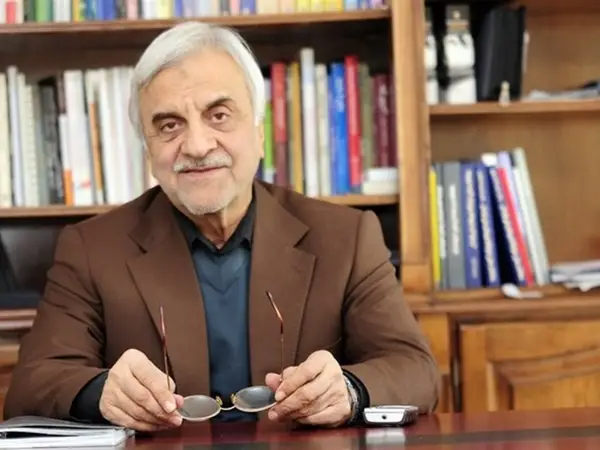Reformist politician and former presidential candidate Mostafa Hashemi-Taba says rising hardships in Iran might lead to mass protests and even ethnic conflicts.
Hashemi-Taba told Aftab News in Tehran that increasing economic pressure on people has led to social abnormalities and Iranians are feeling that authorities are not responsive to their demands. This can lead to a new wave of protests, he warned.
Hashemi-Taba said that there has been a lot of pressure on the Iranian middle class during the past few years and some sociologists even say that the middle class has been eliminated. As a result, the remaining affluent class have are facing the poor and this can have dangerous consequences.
"The problem is not simply one of class differences. The problem is that people are frustrated and there is no bright prospect for the future. When people are poor and frustrated at the same time, this means that they have nothing to lose," Hashemi-Taba said.
He said one of these consequences is migration from the villages to the marginal areas of large cities. He added that the problem will not be solved by distributing small handouts. "Giving away bread coupons will not solve the problem” he said.
He highlighted protests by workers from various sectors of the economy and asked how long people can remain patient. He also criticized officials who ignore the volatile situation and make statements to please top leaders, adding insult to injury.
Meanwhile, reformist lawmaker Massoud Pezeshkian has told Ensaf New, a media outlet he owns, that Iran's current situation is similar to the former Soviet Union and the Eastern bloc in the final years before the collapse of Communism.
He said there are many lessons for decision-makers in Iran such as the collapse of Communist governments in East Germany, Hungary, Czechoslovakia, Rumania and Bulgaria. There are many lessons in the history of that period for "the dictators, totalitarian rulers and those who are sure of themselves and think they are the only ones who know the truth."
The lawmaker made the comments after the picture of a book about the fall of the Soviet Union on his desk at parliament became controversial. The book was Revolution 1989, The Fall of the Soviet Empire (Victor Sebestyen). He also quoted the Koran as advising the people to go around the world and see what became of those who oppressed the people.
Pezeshkian said, he reads that book when he does not need to participate in parliamentary discussions, adding that he has also read other books during session, including Why Nations Fail (D. Asemoglu and J. A. Robinson) and the Narrow Road to Freedom (Michael Leitman) as well as religious books.
Pezeshkian said Eastern bloc countries failed because of the wrong behavior of totalitarian their totalitarian leaders. When rulers create dictatorships, societies tend to become chaotic. In such a situation, as soon as the government is weakened the society will rise and this leads to chaos and massacre, he argued.
Since 2018 Iranian cities have experienced major protests and the government's crackdown on protests led to hundreds of deaths as security forces fired military weapons into the crowds and often shot people to death at point blank range. During the latest protests in Iran in November, security forces used shotguns against farmers protesting the government's mismanagement of water resources, often shooting them in the face. During protests since 2017, “Death To the Dictator” has been a recurrent slogan by angry demonstrators.
